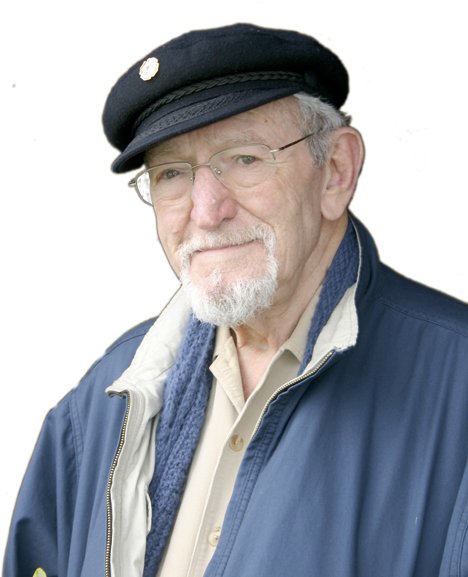Having been a Lion for nearly a half century, I am always amused when our gatherings are presented with a program concerning political issues.
Like all service clubs, we try to be non-partisan as per our constitutions. But since our mottos (e.g. “We Serve” for the Lions; “Making a Difference” for the Soroptomists, “We Serve Youth” for Kiwanis) have a political ring to them, the thinly veiled political interests do creep in.
Such was the case when ex-county commissioner John Evans spoke to the Lions Club July 28. Having known John as an upstanding citizen as well as public servant for my 30 years on the islands, I certainly did not object, nor did anyone else, when he laid it on the line as to the possible flaws in the Critical Areas Ordinance being considered by the County Council.
Now, I’m no expert on “the best possible environment for fish and wildlife,” but I was certainly happy to hear legitimate questions on how some of the new regulations which might apply in a teeming population in a metropolis should be slapped on a small group of islands with a small population of highly educated, island-proud citizens like we have. In Iowa and Nebraska, we only had catfish in the Missouri and no whales, so I’m no expert on whale or fish diets.
Here, we have a speed limit of 45 mph (it used to be 35 on Orcas Island, where John lives). Think how much toxic fumes are lessened by that fact! According to Evans, only .002 percent of our islands’ shorelines are encumbered with docks and other manmade materials which might affect our smelt production, thus our needed salmon production, thus our orca population.
Now, I fell in love with those orcas, so I certainly don’t want them to be harmed by less smelt … but somebody better answer Evans’ question as to why Fish and Game sells stamps so people can shovel up a mess of smelt in season without any concern for the smelt, salmon or orcas.
If we see a neighbor polluting the water with improper septic, we tell them about it. If my bills for septic tanks are any indication, I’d put my ratio of septic costs to salary against any Seattlite … or, even more, any resident of Victoria.
As for eelgrass, I couldn’t help but wonder how much eelgrass was churned up when The World, that large luxury-condo cruise ship, anchored at dawn last month in front of our house off Dinner Island. It made a mighty noise that wakened us at dawn and, during its two-day anchorage, it swung in several directions with the current.
We sent out a scouting party. A visiting nephew from Zimbabwe, Mark Donohue (a teen-ager who’s been working as a dishwasher at Downriggers this summer), joined Bob Williamson and his daughter, Rainbow, in kayaks to inspect the 350-passenger vessel and were not invited aboard. So we don’t know all the facts.
And that’s the thing about Evans’ speech that I liked. I remember when he was running the County Fair one year. He was a hands-on manager. We used to have an Arts and Crafts Building 25 years ago, where we would have the fair showing. We called the fair office when a lady tripped on a step. Fair Board Chairman John Evans was there in 10 minutes with nails, wood and hammer.
When we had our loss of a million trees on the islands in winter 1990, I often wondered how many trees he planted from his nursery as I saw him at dusk digging some in by Hartman Field. He and Polly Gavora have been ringleaders in Arbor Day events (giving away trees by the hundreds each year to all who promise to plant them).
Of course, I took exception to one thing. The phrase he used: “We’re doing this for our grandchildren.” That wears a little thin when you’re my age; Helen and I have 20 grandchildren between us. I’m writing this so all of you will be aware that maybe one size doesn’t fit all: We’re doing this for EVERYBODY’S GRANDCHILDREN, not just ours. The more we can find out about what is good for us and all creatures large and small, the better off we’ll be.
Go to the council meetings. Go to your council members. Get both sides and speak up. And be sure to write your letters to our editor; they are the No. 2 readership item in any newspaper, only surpassed by the front page. And visit The Journal online. In July, stories on SanJuanJournal.com were read 89,852 times. Each time a reader visits SanJuanJournal.com, he or she reads an average of four stories per visit.
Go with the F.L.O.W. (Ferry Lovers Of Washington)




